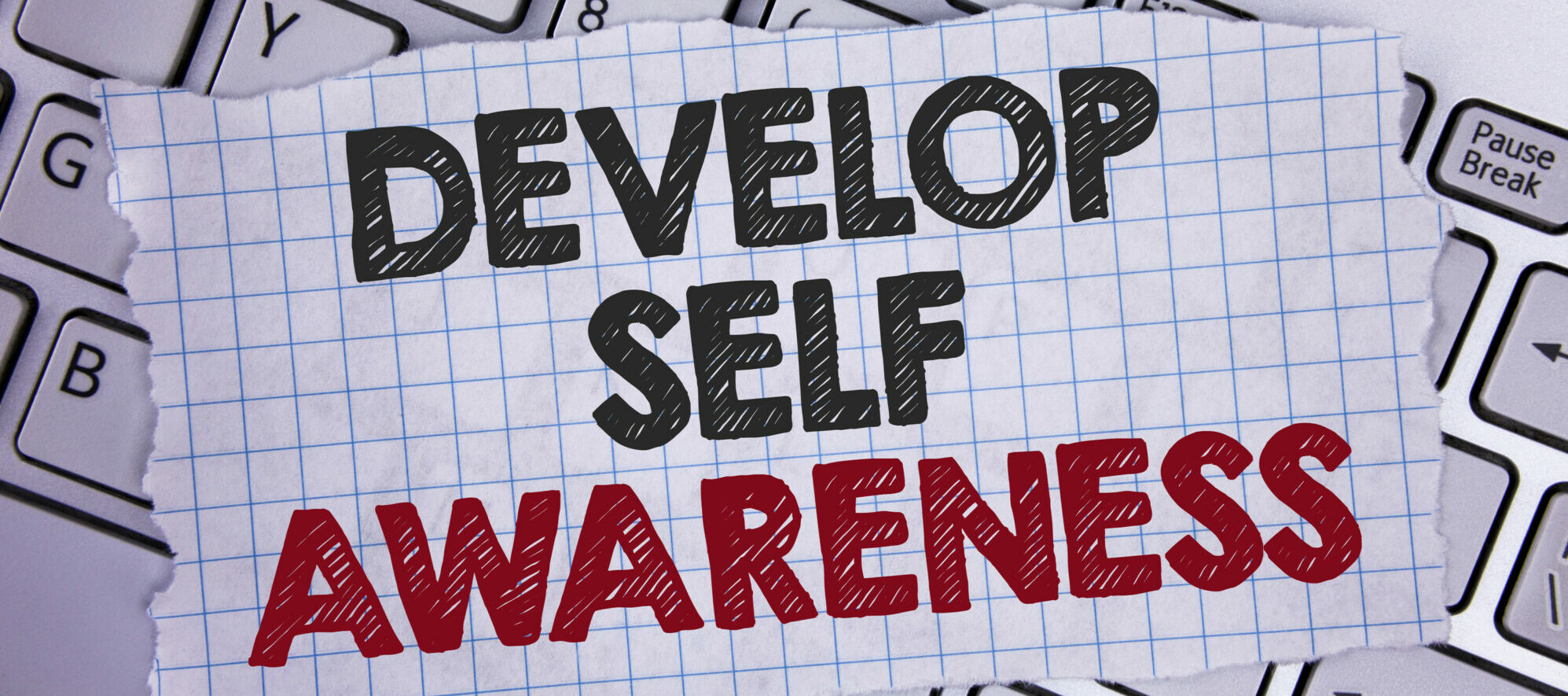
14 Jun 2023
Turning Up the Best Leadership Version of Yourself
In the western world we often have this dualist approach to what it is to be a human being.
We continually separate the body and the brain our genes from our upbringing and depending on your world, many people talk about the mind and the brain as being two distinct things.
Biology has largely rejected this approach for systems thinking that focuses on the whole system view and the relationships and interactions between its components.
What has that got to do with leadership you may ask?
Leaders in the workplace often face elevated levels of stress compared to others in the organisation. A key characteristic of effective leaders is their ability to hold themselves accountable, even when outcomes are not solely attributed to their actions.
Leaders frequently experience pressure from both their line managers, who expect them to achieve desired outcomes, and team members, who rely on them to address their team’s needs and aspirations.
Leadership demands a high level of cognitive and emotional functioning, which we would argue means making self-care essential for optimal performance as a leader.
You might feel that that is an obvious point to make and we would agree, and it does raise the question if many people know that how come so many leaders are operating sub-optimally or even getting near to overwhelm?
In our leadership development practice we come across many (if not most leaders) that don’t have useful habits that foster their wellbeing or have other habits that sabotage themselves.
As one of many research examples the UK Health and Safety Executive Stress, depression or anxiety and musculoskeletal disorders accounted for the majority of days lost due to work-related ill health in 2021/22, 17.0 million and 7.3 million respectively. The average time off for stress depression or anxiety was 18.6 days.
And now Neuroscience research emphasizes the critical role of self-care in enhancing leadership abilities. Engaging in activities that promote physical and mental well-being can have profound effects on brain function and overall cognitive abilities.
So what might be going on here?
While we wait for the research, we would like to share a couple of observations very much from a practitioner perspective.
Leaders tend to be selected for conscientiousness.
Put such leaders in situations of high ambiguity complexity and work volume then conscientiousness can start to show up in an unhelpful way.
Focus is a common Leadership coping strategy for high work volumes.
The gain in efficiency comes with a reduction in breadth of perspective and flexibility.
High workloads drives out stepping back from the work and leadership reflection.
Leaders are in “do mode “and task efficiency outweighs effectiveness in the short term.
Many leaders have no big picture or purpose to support prioritisation.
Priority used to mean giving precedence of one thing over others. These days it can feel like everything is a priority.
Leaders are humans too and are acutely aware of social risk.
This drives unhelpful avoidance behaviours and sabotages communications.
We think we are seeing the symptoms of how our brain biology is coping with a challenging environment.
If that is a plausible hypothesis it also suggest useful things that we can do.
Clearly our brain and body is connected and interdependent.
To not look after ourselves and expect to be able to be on top of our game is wrong.
Strategically we believe the best thing we can do as leaders is practice the habits purposefully that help us show up in our best leadership selves.
We don’t need to list the “7 things you need to do to foster your wellbeing” the chances are you know them already.
You could spend the time more usefully by reflecting on the choices you are currently making in these areas and if you would like to build some new habits.
Self-care, self-awareness, self-moderation , self-growth, self-purpose are what we need to thrive, role model and constructively influence in a challenging environment.
If you are interested in learning how to be a more purposeful leader we invite to check out our Leadership Connect programme here.
